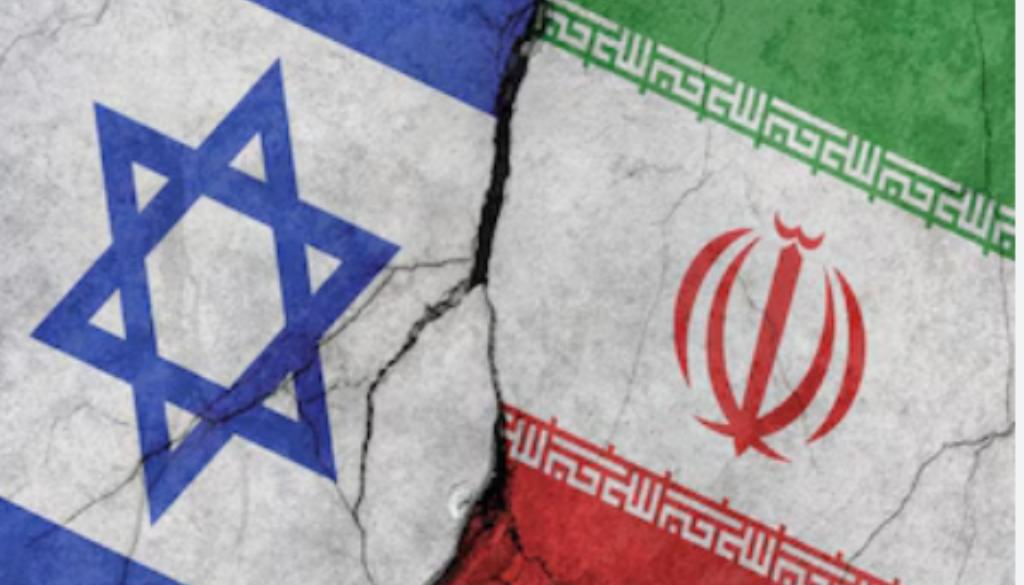India Issues Travel Advisory Amid Rising Tensions Between Iran and Israel

New Delhi, 12th April 2024: India has issued a travel advisory amid escalating tensions between Iran and Israel, urging its citizens to avoid travel to both countries. The Ministry of External Affairs released a press statement on Friday advising Indian nationals currently in Iran and Israel to reach out to their respective embassies and take necessary precautions to ensure their safety. Additionally, citizens have been advised to minimize travel as much as possible.
The travel advisory comes in response to reports from the Wall Street Journal (WSJ), which suggested a potential attack by Iran on Israel within the next two days, citing American intelligence sources. The tension between the two nations heightened after Israel conducted an airstrike near the Iranian Embassy in Syria on April 1, resulting in the death of 13 individuals, including two senior Iranian army commanders. Iran responded by threatening retaliation against Israel.
According to the WSJ report, Iranian officials have shared the attack plan with Iran’s Supreme Leader Ayatollah Khamenei, who is currently evaluating its potential consequences. However, the decision to proceed with the attack has not yet been finalized. Meanwhile, Israel is making preparations to counter any potential aggression from Iran, particularly in its northern and western regions.
In efforts to defuse the situation, US Secretary of State Antony Blinken has engaged in discussions with foreign ministers from Saudi Arabia, China, Turkey, and several European nations. Blinken has urged these countries to persuade Iran to refrain from launching an attack. The US State Department emphasized that escalating tensions serve no one’s interests.
The advisory issued by the United States for its citizens in Israel, especially diplomats, marks the first of its kind during the six-month Israel-Hamas conflict. General Michael Kurila of America’s Central Command (CENTCOM) arrived in Israel on Thursday to provide guidance in the event of an Iranian attack. He held meetings with Israeli Defence Minister Yoav Galant and officials from the Israel Defense Force (IDF).
The situation further intensified following remarks by Iran’s Supreme Leader Ayatollah Khamenei, who vowed retaliation against Israel for the April 1 attack. British Foreign Minister Lord Cameron also urged Iran to avoid escalating the conflict. Israeli Prime Minister Benjamin Netanyahu, without directly naming Iran, stated that Israel is prepared for any potential aggression and will respond accordingly.
In response to the heightened tensions, Israel implemented measures such as shutting down its GPS navigation system to prevent guided missile attacks and canceling leaves for all soldiers. The Israeli Army declared a state of alert, with combat units placed on standby and anti-bomb shelters activated in various cities.








